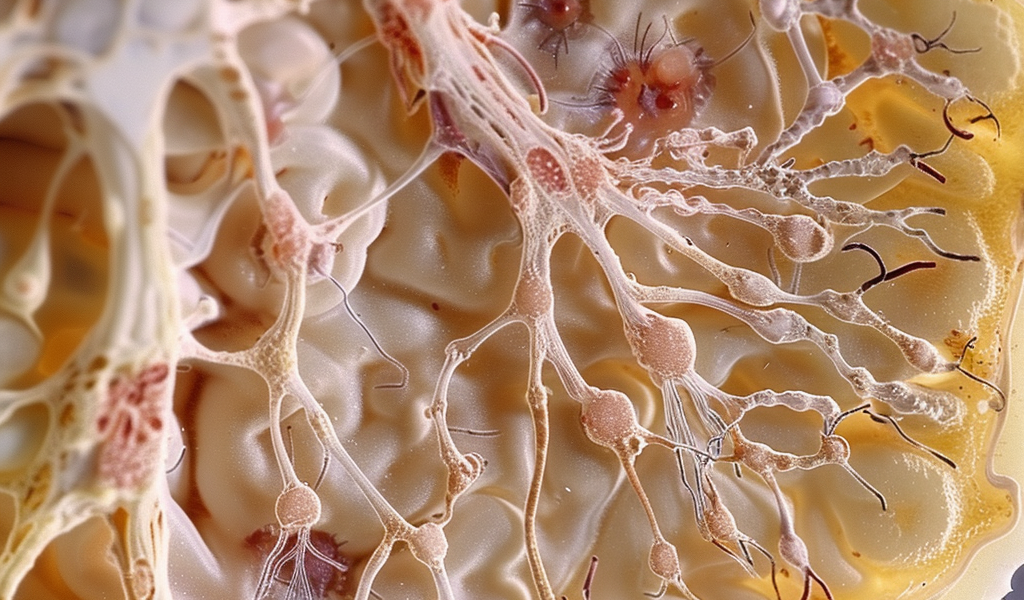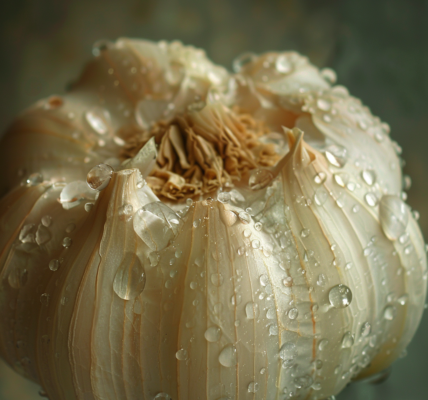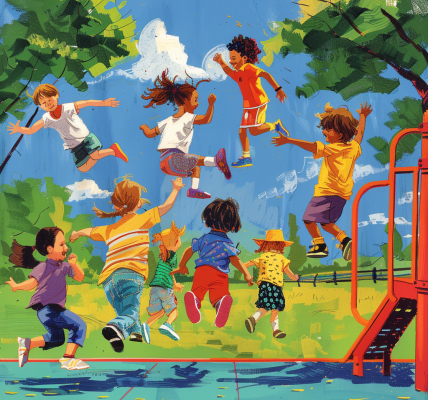A groundbreaking study conducted by scientists at Gladstone Institutes has revealed a promising new therapeutic target for traumatic brain injuries. With approximately 1.5 million Americans surviving such injuries each year, the health implications can be severe, ranging from coordination issues to an increased risk of dementia.
The team at Gladstone Institutes utilized advanced three-dimensional imaging technology to explore blood-brain barrier leaks and the distribution of the blood-clotting protein fibrin in a whole intact mouse brain post-traumatic brain injury. Their findings shed light on the role of fibrin in triggering neurodegeneration after such injuries.
Dr. Jae Kyu Ryu, a scientific program leader at Gladstone Institutes, highlighted the critical need to understand the molecular mechanisms behind traumatic brain injuries and their impact on neuron destruction. The study, published in the Journal of Neuroinflammation, identified fibrin as a key player in causing brain damage post-injury.
Traumatic brain injuries can result from various incidents such as falls, car crashes, sports accidents, or military operations. The forceful impact on the brain can disrupt the blood-brain barrier, allowing blood to enter the brain and trigger harmful processes.
Dr. Katerina Akassoglou, a senior investigator at Gladstone and the director of the Center for Neurovascular Brain Immunology, emphasized the role of toxic immune responses in driving neurodegeneration in various neurological diseases. By neutralizing these responses, new therapeutic avenues could be explored for conditions like Alzheimer’s and multiple sclerosis.
The study’s findings offer hope for the development of targeted therapies to mitigate the long-term effects of traumatic brain injuries and potentially prevent neurodegenerative conditions associated with such injuries. This research marks a significant step towards understanding the underlying mechanisms of brain damage post-traumatic injury and opens up possibilities for innovative treatment approaches.





